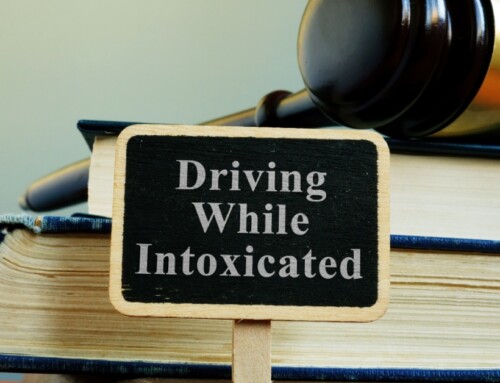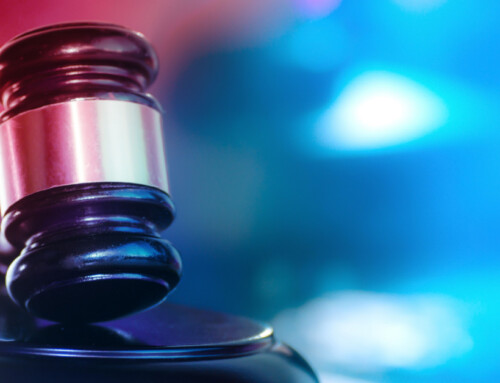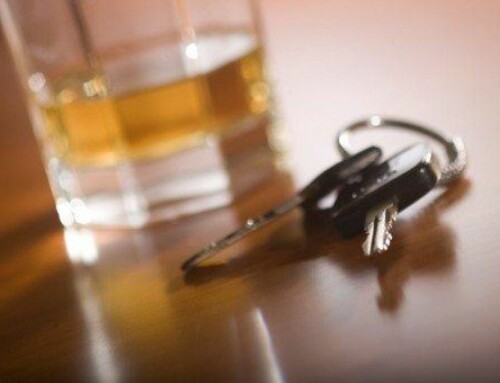If you’ve been charged with driving under the influence (DUI) in South Carolina, you are facing jail time. All DUI offenses in South Carolina carry a potential jail sentence—regardless of your blood alcohol concentration (BAC), and regardless of whether you have a prior criminal record.
But, while jail time is a possibility, there are other possibilities as well. For example, instead of serving jail time, you may be able to serve probation instead.
Probation as an Alternative to Jail Time in South Carolina DUI Cases
Judges in South Carolina have the discretion to impose probation as an alternative to imposing jail time in DUI cases. If you are placed on probation, you won’t have to go to jail, but you will have to comply with all of the terms and conditions the judge imposes. If you violate the terms of your probation, this could land you in jail (along with other adverse consequences).
What does it mean to be on probation?
When you are on probation, you are free to live your day-to-day life—for the most part. However, as you live your day-to-day life, you must be very careful to avoid violating the terms and conditions the judge imposed when allowing you to stay out of jail. While the terms and conditions of probation can vary, some examples of common terms and conditions for DUI offenders include:
- Performing community service
- Attending alcohol education or counseling
- Paying fines
- Paying restitution to any victims
- Not using drugs or alcohol
- Not violating the law
- Regularly reporting to your probation officer
As we already mentioned, violating the terms of your probation can have serious consequences. As a result, you need to make sure you are prepared to comply with the terms and conditions of your probation, and you need to make plans to be where you need to be on time. Judges in South Carolina take probation violations very seriously, and even minor slip-ups can land you back in court—and potentially result in being sent to jail.
Should You Seek Probation in Your DUI Case?
With all of this in mind, you might be wondering: “Should I seek probation in my DUI case?”
While serving probation is generally preferable to serving jail time, this doesn’t necessarily mean that seeking probation is the best option you have available. In fact, in many cases, it won’t be. Depending on the circumstances of your DUI case, you may also have the following options:
1. Enter Into a Diversion Program
If you are eligible for one of South Carolina’s diversion programs, enrolling could be your best option. When you enroll in a diversion program, you are subject to terms and conditions similar to those associated with probation. But, there is one critical difference: If you complete the program successfully, your DUI charge will be dismissed.
Entering into a diversion program is a good option if you don’t have grounds to fight your DUI in court (more on this below). While there are still costs involved, the costs of entering into a diversion program are far less significant than the costs of a DUI conviction.
2. Negotiate a Plea Bargain
If you aren’t eligible to enter into a diversion program and you don’t have strong grounds to fight your DUI, then your best option may be to negotiate a plea bargain. In DUI cases, this typically means accepting responsibility for reckless driving (this is commonly referred to as a “wet reckless”). The penalties for reckless driving are far less severe than the penalties for DUI—and reckless driving convictions have fewer long-term consequences as well.
3. Fight Your DUI in Court
With all of that said you should not accept any consequences if you have grounds to fight your DUI in court. There are several grounds to fight DUI charges in South Carolina, including (but not limited to):
- An Illegal Traffic Stop – If the police pulled you over without “reasonable suspicion” (including if they racially profiled you), this could render the prosecution’s evidence inadmissible in court.
- An Illegal Arrest – The police need “probable cause” to make a DUI arrest. If your arresting officer lacked probable cause, this could render the prosecution’s evidence inadmissible as well.
- Unreliable Evidence of Impairment – Field sobriety tests and other means of assessing impairment can be heavily flawed, and this means that they can produce unreliable results.
- Unreliable Blood Alcohol Concentration (BAC) Test Results – Breathalyzers can produce unreliable results as well. If your BAC reading is unreliable, prosecutors should not be able to use it to prove your guilt.
- Delayed BAC Testing – If your arresting officer waited too long to administer the breathalyzer, your BAC could have risen between the time you were driving and the time you took the test.
- An Alternate Explanation for a High BAC – Having a high BAC doesn’t necessarily mean that you were drinking. There are various alternate explanations for a high BAC—and these can also serve as strong defenses to a DUI.
- Insufficient Evidence of Guilt – No matter what happened, the prosecution must prove your guilt beyond a reasonable doubt. If the prosecution has insufficient evidence of guilt, you can walk free.
When you sit down with an experienced DUI defense lawyer, your lawyer will be able to thoroughly evaluate the facts of your case to determine what defenses you have available. Then, based on this evaluation, your lawyer will be able to advise you regarding the options you have available. While it might be in your best interests to seek probation, you could have other (and better) options available as well.
Discuss Your Case with a DUI Defense Lawyer in North Charleston, SC
Do you have more questions about seeking probation (or seeking an alternative to probation) in a South Carolina DUI case? If so, we encourage you to contact us promptly. To arrange a free and confidential consultation with DUI defense lawyer Rad Deaton in North Charleston, SC, please call 843-225-5723 or request an appointment online today.






